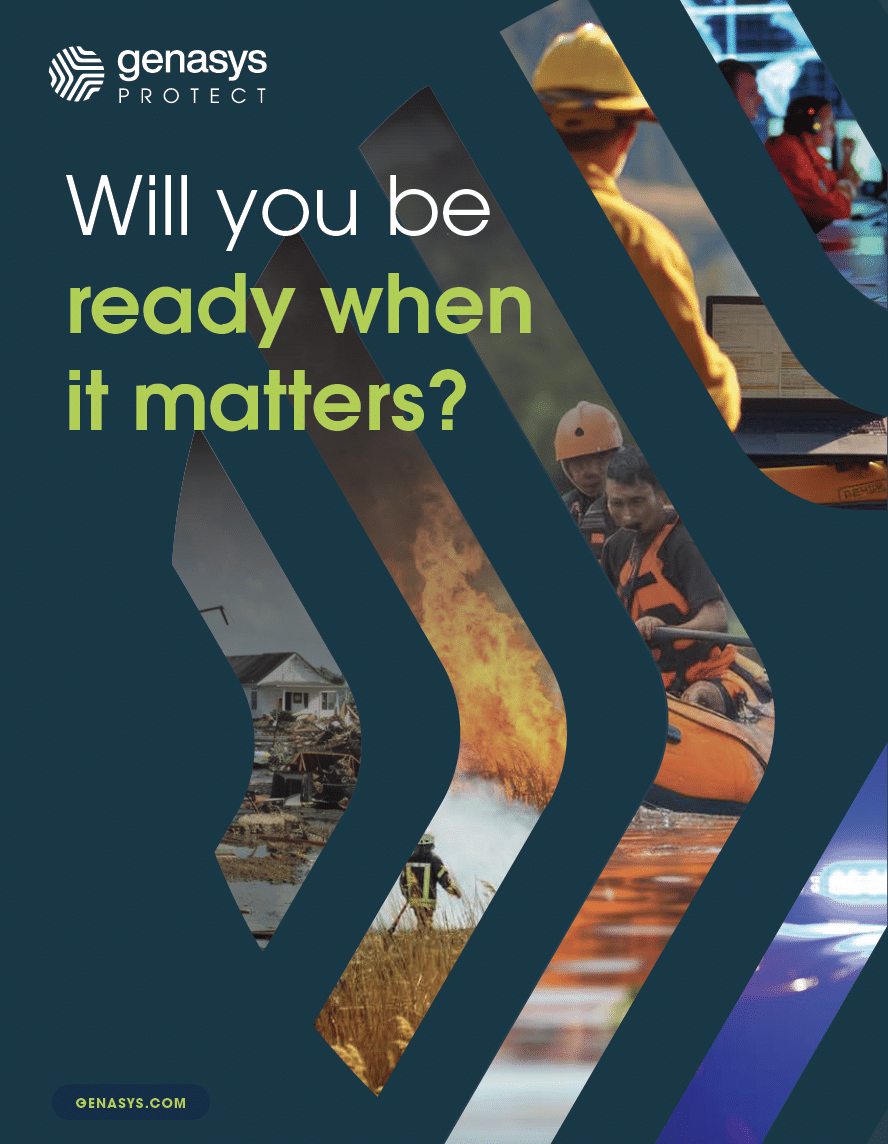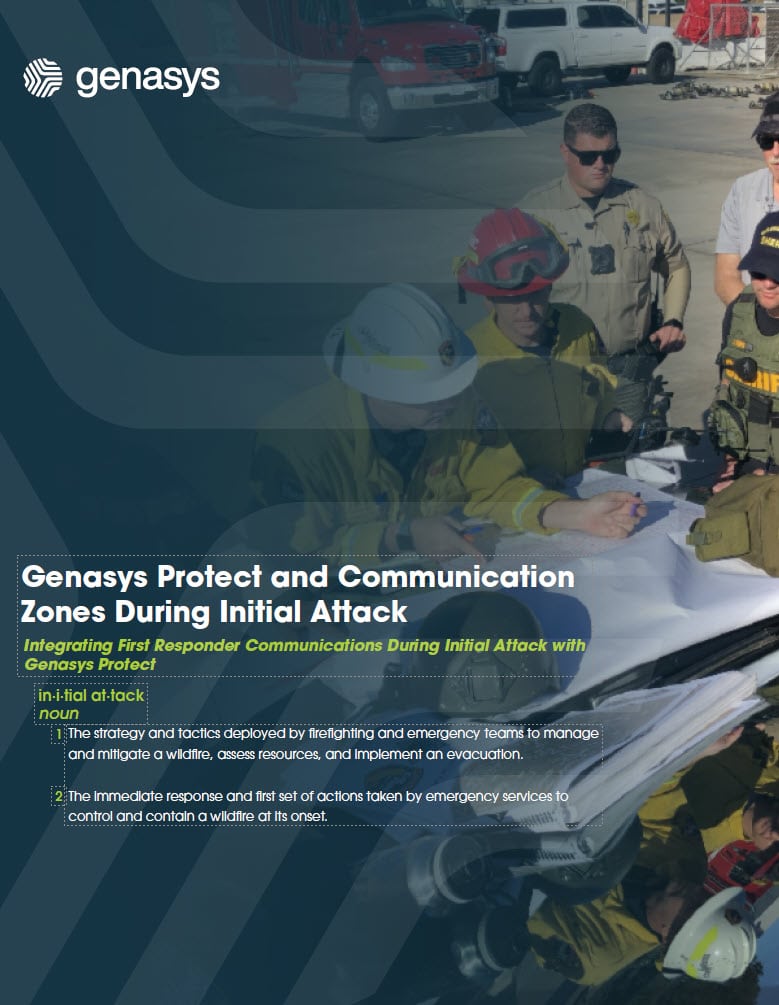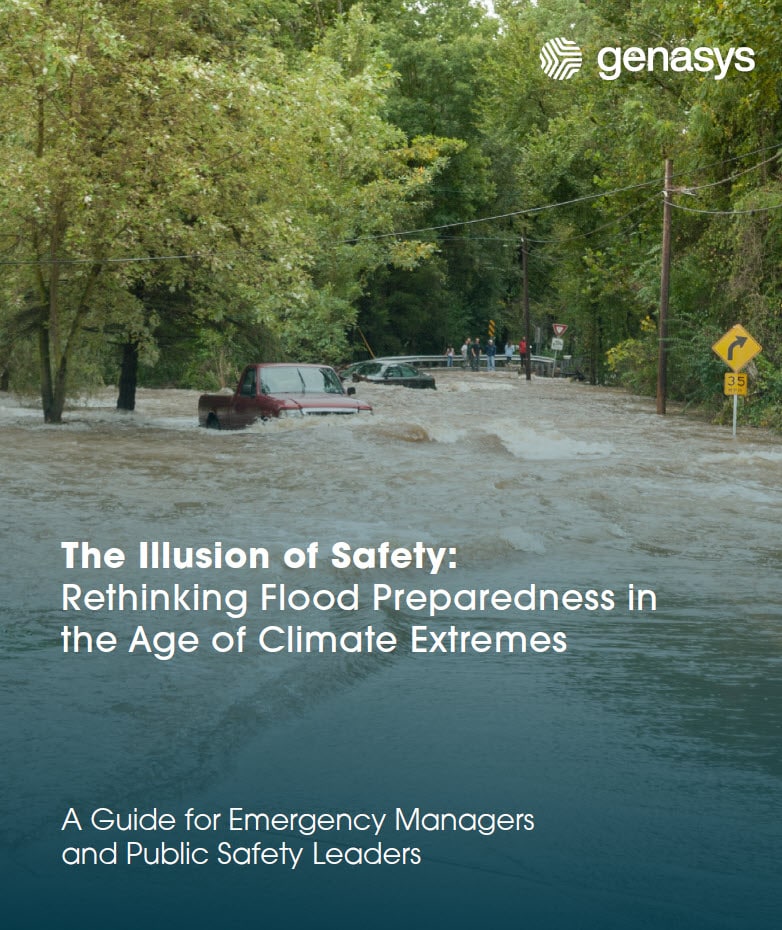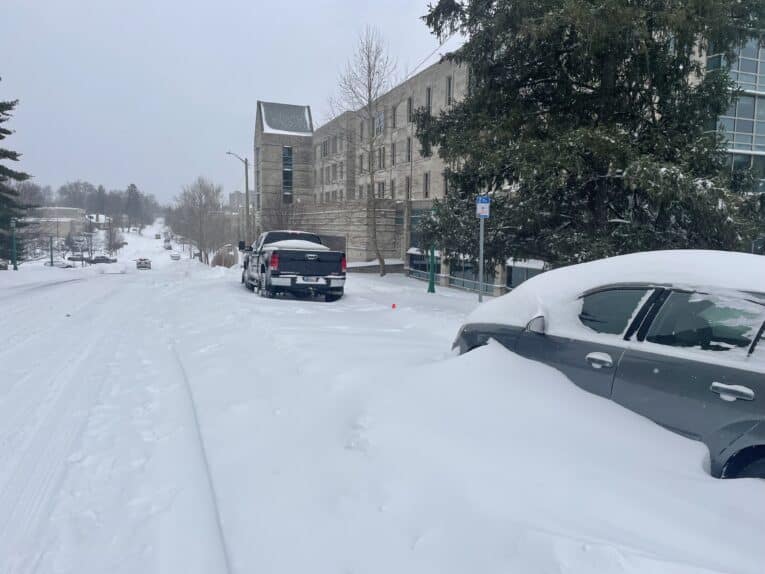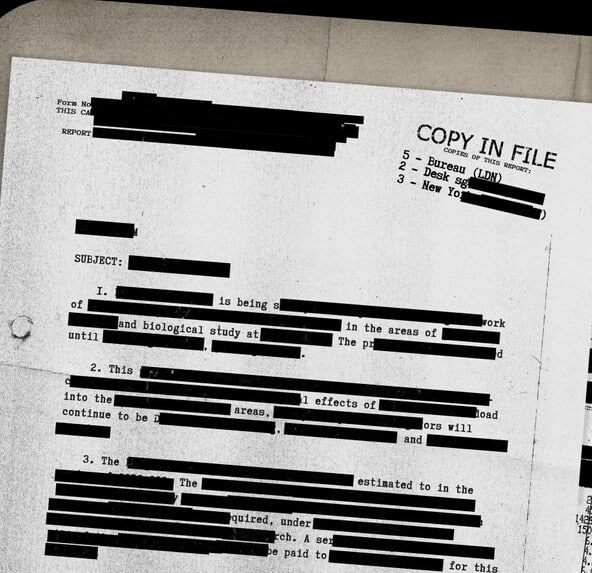By Jeff Halstead, Ret. Chief of Police, Fort Worth, TX
Director of Strategic Accounts at Genasys
I’m a retired major city police chief who spent 27 years serving in the Phoenix PD and Fort Worth PD. After retiring, I served as a global police consultant, helping agencies in 40 states and 6 countries advance new police technology like body-worn cameras and weapon systems (Tasers). Like all police veterans, we have so much appreciation and respect for those generations that served before us… and even more for those of you serving today!
I get asked by many friends and relatives, “what advice would you give to someone considering a police career or just starting out in the law enforcement profession?” Here are my Top 5 tips for career survival (in no order of importance).
Police work WILL change you
When I was serving in Phoenix PD (1988-2008), some of my most rewarding assignments were related to field training for new Officers or Rookies (Field Training Officer, FTO Sergeant, FTO Lieutenant). The academy prepares you for ‘field training’ or FTO, FTO prepares you for successful completion of your probationary year, and your probationary year prepares you for a rewarding career. Just remember this job will in fact change you!
As a young Rookie, my FTO told me on our first shift, “tell your family you will be different” now that you are a police officer. As much as I tried to be the same person, he was right. Early in your career, you see the absolute worst of humanity. 36 years later and I still have some nightmares from crime scenes I commanded and processed. Since you see the worst in humanity and victimization in all areas of society, you become very jaded, very quickly.
Your sense of humor changes and many non-police citizens think your humor is very dark or insensitive. This is a coping mechanism and is needed to balance out the volume of stress, darkness, and disgust you see and experience. Since your changed personality can be unsettling for some friends and family members, you slowly find your inner circle being all police officers. I tried throughout my career to establish trusting friendships with other people that were NOT police officers.
Lastly, this will change you when you are NOT working too! How you drive, how you watch people while shopping, eating, walking, running, your head is always on a swivel. We park in certain areas of parking lots, we enter doorways completely differently than other citizens, we strategically walk around corners or open areas, and we always sit on aisle seats for movies and concerts. Your “officer safety” is always at an elevated state and sadly, it does not decrease that much even after almost a decade of not wearing a uniform.
Communication skills are your greatest weapon
When I was in uniform, regardless of my rank, I always enjoyed going to schools, colleges, and universities, representing the profession. I would ask the attendees, while in uniform, “what’s the most powerful weapon on my gun belt?” They would always respond, “your gun!” Then I would explain that my hand-held radio is far more powerful than my weapon. Sure, it is my last line of defense (deadly force) but to control 99% of situations, I simply get on the radio and put out a request for backup and the entire precinct could be rolling my way!
When conducting traffic stops, street stops, and interrogating suspects, your most powerful weapon is effective communication. Your ability to talk and connect with citizens is paramount. If you are shy, don’t like talking to strangers, and do not listen effectively, police work may NOT be for you.
In police work, you learn to adjust your style of communication based on the audience you are serving. From victims of crime to witnesses, to potential suspects, and to serious criminals (gang members, drug dealers), you MUST adjust your style for the right environment. This comes from excellent training, supervision, leadership, and learning from those that have perfected this artform.
Always follow your agency’s policies and procedures
Violating policies and procedures is a sure way to get some heavy discipline, and can tragically ruin a career. I learned very early, while on probation, that just because a senior officer tells you one specific way to handle an issue you are facing, it may not be the “right way” to handle that matter. Constantly update your General Orders (policy manual), and make sure you pay close attention to any revisions, updates, and especially mandates.
When you know your agency’s policies back and forth, you avoid being investigated and potentially receiving discipline, that can affect transfers, promotions, and overtime assignments.
In most police agencies, policy revisions usually have a name attached to them (informally), so your goal is to NOT have a policy created for your mistake! Sadly, I learned the hard way a few times but very early in my probationary year, I began to seriously study, review, and research my general orders to avoid any future policy violations and/or discipline. I simply could not afford to get put on non-paid leave or get fired.
Avoid all controversial posts and comments on social media; you can be fired
This applies to your conduct and handling of matters when you are on or off duty! In 2019, there were many police officers FIRED from their jobs for posting offensive comments in a private Facebook chat room. Someone found out they were a police officer and forwarded their comments or the fact that they ‘liked’ a comment thought to be offensive, and they were terminated. These employees were OFF DUTY and were never commenting on their professional role in society BUT, you are still held to this higher standard and their comments/conduct violated their agency’s “social media policy”.
Know your agency’s social media policies and always follow them to avoid unnecessary stress and potential termination. If you have a desire to work undercover someday, I highly recommend you STOP all social media engagement. Delete all accounts, be a ghost, and simply avoid ALL social media platforms (Facebook, Instagram, X/Twitter, TikTok, etc.).
Your family should also respect this decision and avoid tagging you or adding your name to family pics, trips, and special events. In police work, you are going to arrest and testify against some very dangerous people, putting some of them in prison for decades. The last thing you want is an easy way to see your family and loved ones, should they remember who you are and want to target you or those close to you.
Your ethics are at an elevated standard… and should be
From the day you start the academy to your last day of your career, YES, your ethical standards are elevated, and they should be! You took an Oath of Office, and you are empowered to save lives, take lives, and change lives. You have agreed to live far above public expectations and all media scrutiny of your profession. Always remember this, especially when you want to vent, send an angry email/text, or comment on some public social media platform. The headlines will not be kind to you.
There are times when I think this is unfair but when I was Chief of Police in Fort Worth, we had a significant problem with excessive drinking, with officers being arrested for DWI, some of them were ON-DUTY!! When one of my detectives was involved in a fatal vehicle crash, killing a mother of 2, right before Christmas, we knew at the scene he was DWI/impaired. After this incident, I immediately distributed our new policy and my executive directive: “if you are arrested for DWI, I will fire you immediately” and reminded every employee that it is mandated in this profession to live about all expectations of the community you serve. The directive worked and thanks to our employees and union leaders, we went almost 2 years with NO reported instances for these types of law violations.
SUMMARY:
After 27 years of sworn service and another 9 years consulting for this amazing profession, I have NO regrets at all! In fact, other than burying my fellow officers, I truly enjoyed EVERY day of my profession! In addition to the ‘top 5 tips’ listed above, remember these as well:
- Some will truly despise you because of the uniform and badge you wear.
- You will be targeted by many members of the community, and they will insult you.
- Always watch your food being prepared for you when eating in uniform (I brought my own).
- Your goal is to get home safe each night, never forget that.
- Never work a shift without your ballistic vest, even when it is hot.
- ALWAYS focus on health, wellness, and talking with loved ones (don’t isolate).
Police work is exciting, amazing, and truly a bonded profession! I would not change a thing in my career and have never regretted a day in this profession.
As I always stated in my police academy graduations when I was Chief:
“We are the greatest at completing an unpredictable mission”. From the minute you start your patrol car to taking off your uniform at end of the shift, NOBODY handles the variety of stressful encounters with the more patience, professionalism, and empathy than today’s police officers! Always thank them…they need it.
Stay tuned to Genasys blogs for more valuable insights, and explore the rest of our website to discover how we can help enhance your agency’s effectiveness.



